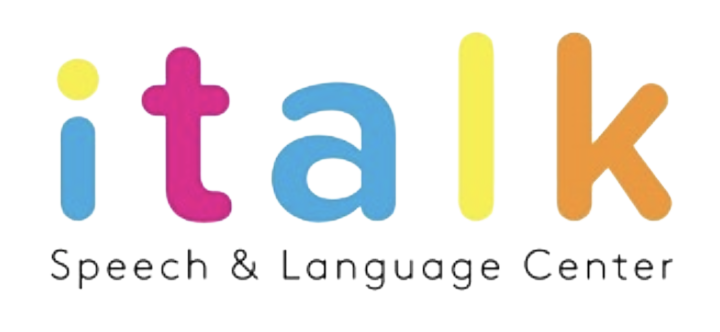
Fluency Therapy
italk offers specialized fluency therapy for adults, utilizing tailored techniques to enhance speech fluency and promote effective communication.
-
Fluency disorder in adults, often referred to as stuttering, is a speech disorder characterized by disruptions in the normal flow of speech. These disruptions can lead to difficulty in communicating effectively and may cause feelings of frustration, anxiety, and self-consciousness.
The prevalence of fluency disorders in adults varies, but it's estimated that around 1% of the adult population worldwide experiences some form of stuttering. The severity of the disorder can range from mild to severe, and it can impact various aspects of a person's life, including social interactions, professional activities, and self-esteem.
-
Individals who stutter or experience speech disruptions
Individulas aiming to improve speech fluency for social and professional interactions
Individulas seeking to enhance overall communication skills and self-confidence
Individuals with speech-related anxiety or avoidance behaviors
Individuals with lifelong or acquired stuttering seeking management techniques
-
Fluency therapy holds significance in adults if you are looking to:
enhance communication skills in social and professional environments
lessen the emotional toll of speech disruptions on self-esteem
improve public speaking capabilities
mitigate anxiety and avoidance tendencies associated with speaking
foster an overall higher quality of life through confident and effective communication
implement practical strategies for managing and overcoming speech challenges
address potential psychological and emotional impacts stemming from speech difficulties.
-
Our fluency disorder treatment for adults involves a comprehensive approach:
Assessment: A thorough evaluation of speech patterns, triggers, and severity.
Therapeutic Techniques: Application of evidence-based strategies to manage stuttering or speech disruptions.
Fluency Techniques: Teaching techniques like controlled breathing, gentle voicing, and slow speech to enhance fluency.
Desensitization: Gradual exposure to challenging speaking situations to reduce anxiety.
Cognitive Techniques: Addressing negative thought patterns and beliefs related to speech.
Communication Strategies: Teaching effective communication approaches to navigate real-world situations.
Ongoing Support: Regular sessions to monitor progress, adjust strategies, and provide guidance.
Counseling: Addressing psychological impacts of fluency issues to promote holistic well-being.
The goal is to empower adults to communicate confidently, manage stuttering, and improve their overall quality of life.
